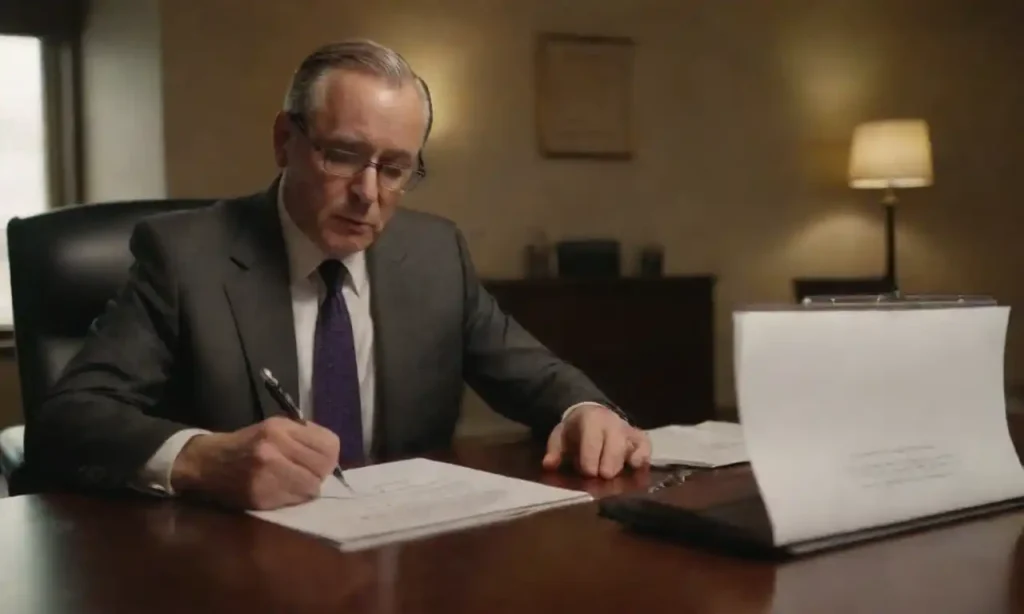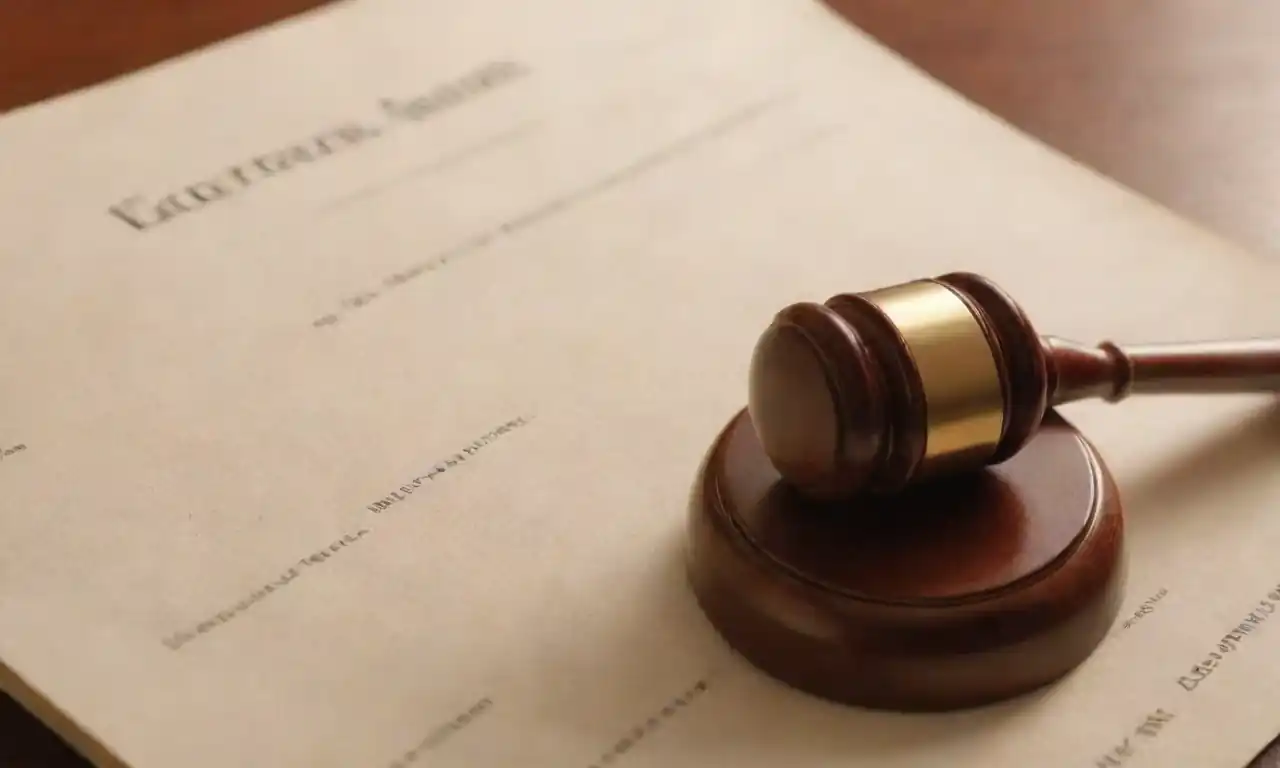What are the legal responsibilities of an Executor

When a loved one passes away, a complex web of emotions and responsibilities emerges, especially for those appointed as executors of their estate. The role of an executor is not just an honorary title; it carries with it a significant weight of legal responsibilities and duties. As the person entrusted to manage the deceased's finances and property, the executor must navigate the requirements of probate law and ensure that everything is handled according to both the wishes of the deceased and the laws of the state in which they resided. This unique position requires not only courage and compassion but also a strong understanding of legal obligations.
This article will explore the myriad legal responsibilities inherent in the role of an executor, illuminating both the necessary procedural steps and the ethical considerations involved. We will delve into key areas such as the initiation of probate, asset management, debt payment, distribution of inheritance, and the importance of clear communication with beneficiaries. Each of these aspects is crucial in ensuring that the executor fulfills their fiduciary duties effectively while minimizing legal complications for everyone involved. By the end, readers will gain a comprehensive understanding of what it means to serve as an executor and how to approach the responsibilities effectively.
Understanding the Role of an Executor
To fully grasp the responsibilities of an executor, it is essential to understand what the role entails. An executor is typically named in a will, and their primary duty is to ensure that the deceased's wishes, as outlined in that will, are carried out. This involves a series of steps that start once the death has been certified and the executor has been appointed. The executor represents the estate in legal matters, and their first major task is to initiate the probate process. This process can vary based on jurisdiction but generally involves filing the will with the local probate court.
The executor must first gather all relevant documents related to the estate, including the will, death certificate, and any documents related to debts and assets. By doing so, they confirm their legal authority to act on behalf of the deceased’s estate. It is also during this stage that the executor must notify beneficiaries mentioned in the will, as well as any creditors, about the death. This step is crucial in maintaining transparency and trust in the executor’s management of the estate.
Initiating the Probate Process
Once the executor has gathered the necessary documents, the next significant step is initiating the probate process. Filing for probate typically requires submitting a petition to the court, along with the deceased’s will and any necessary supporting documentation. It is vital for the executor to be fully aware of the rules and procedures that govern probate in their specific state, as these can vary widely.
The probate process can sometimes be lengthy, lasting several months or even years, depending on the estate's complexity. During this time, the executor has the responsibility of managing the estate’s assets, which includes securing them, maintaining property values, and ensuring they are protected against loss or damage. This duty underscores the importance of the executor's vigilance and proactive management skills during what can be a challenging time.
Inventorying and Valuing Assets
Following the initiation of probate, the executor must undertake the task of inventorying and valuing the estate’s assets. This not only includes physical assets like real estate, vehicles, and personal belongings but also encompasses financial accounts, investments, and any other properties that the decedent may have owned. Accurately assessing the value of these items is crucial, as they form the basis for debt payments and eventual distributions to beneficiaries.
In some cases, the executor may need to engage the services of appraisers or other professionals to determine the fair market value of certain assets, especially those that may not have a straightforward valuation such as antiques, collectibles, or businesses. Furthermore, the executor must carefully document all findings, as these records will be necessary for final accounting to the beneficiaries and the court.
Settling Debts and Expenses
Another critical responsibility of the executor is managing the estate's debts and expenses. Before any distribution to beneficiaries can occur, the executor must first ensure that all outstanding debts are resolved. This includes settling bills, loans, and any other financial obligations the deceased may have had. It is crucial for the executor to assess claims against the estate, as not all debts may be valid or allowable against the estate's assets.
If the estate’s assets are insufficient to cover the debts, the executor will need to navigate the laws regarding insolvency and may wade through more complicated legal waters. This obligation often involves communicating with creditors and potentially negotiating settlements, and it is an area where seeking the guidance of legal counsel can be beneficial. Once debts are settled, the executor can proceed to handle administrative expenses, which may include funeral costs, taxes, and attorney fees.
Distributing the Estate
Once all debts and administrative expenses have been handled, the executor's next significant responsibility is to distribute the remaining assets to the beneficiaries. This process must strictly follow the wishes outlined in the will. If there are any disagreements among beneficiaries or challenges to the will, the executor may need to mediate or even seek court intervention to resolve disputes.
It's important for the executor to maintain an open line of communication with the beneficiaries throughout this process. Transparency about the estate’s status, the decisions being made, and the reasons behind them can help alleviate tension and foster trust. Documentation is also essential at this stage, as the executor may need to provide an accounting of how assets were valued and distributed, further solidifying the integrity of the process.
Legal and Ethical Considerations

While the legal responsibilities of an executor are substantial, there are ethical considerations that come into play as well. Holding the position of executor means the individual carries a fiduciary duty to act in the best interest of the estate and its beneficiaries. This may require the executor to make difficult decisions that could help protect the estate from mismanagement or waste.
It's vital for the executor to remain neutral and act without personal bias or self-interest. For example, they must avoid using estate assets for personal gain or favoring one beneficiary over another. Any failure to adhere to these ethical standards can result in legal consequences, including the possibility of being removed from the position or facing legal action by beneficiaries for breach of fiduciary duty.
Conclusion
Being appointed as an executor is both an honor and a significant responsibility. Understanding the legal responsibilities and the clear procedures involved in managing an estate is crucial for fulfilling this role responsibly. From initiating the probate process to settling debts and distributing assets, the executor acts as a guardian of the deceased’s wishes, ensuring that everything is handled with care and integrity. The necessary communication with beneficiaries and adherence to ethical considerations are just as essential in maintaining trust throughout the process.
In summary, while the tasks may seem overwhelming, especially during an emotionally charged time, a methodical approach can guide an executor through their responsibilities effectively. Educating oneself on legal requirements, seeking professional advice when needed, and prioritizing communication can help ensure a lawful and harmonious estate settlement. Ultimately, an executor plays a pivotal role in honoring the wishes of the deceased while also protecting the interests of the beneficiaries, which is both a challenging and rewarding endeavor.

Leave a Reply